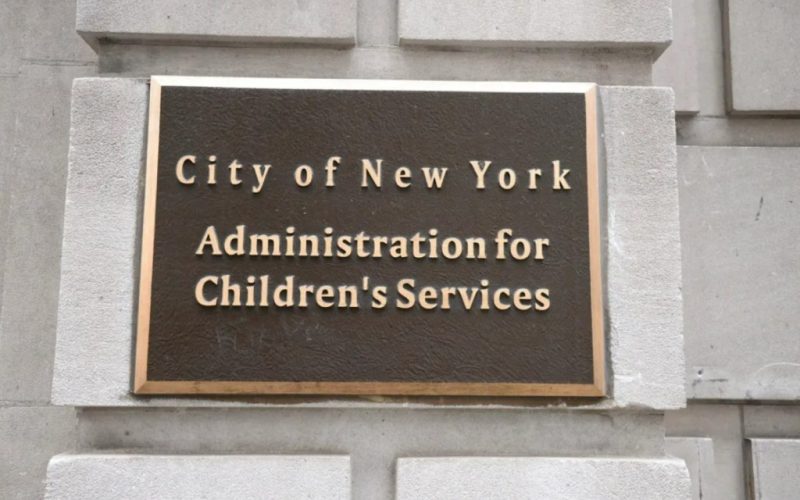The child welfare system exists to both protect vulnerable children and create conditions to enable them to grow up in safe, stable environments. Recent media stories have suggested that these concerns are in conflict; we reject this as false.
Ensuring children’s safety and providing families with the support they need to thrive are interconnected goals. It is also essential to maintain safeguards that prevent families from being unnecessarily separated because of biased reporting and investigations, and to ensure the child welfare system is in the best service of all New Yorkers.
The city’s Administration for Children’s Services (ACS) has made progress in improving outcomes for children and families. According to ACS, repeat maltreatment has declined from 16.2% in 2019 to 13.2% in 2023, and families engaged in ACS-funded prevention services are less likely to require further involvement with child protective services. These improvements demonstrate the impact of ACS’s focus on prevention, support, and safety.
As the CEOs of leading New York City organizations with missions to support children, youth, families and communities, we partner with the city to provide and to advocate for preventive supports, foster care, adoption services and resources for foster parents and birth parents.
Most importantly, we strive for a future where children and families never need foster care services. This is why we strongly support preventive measures when a child is not in danger. In such cases, we have consistently urged ACS to minimize the removal of children from their families, provided the children are not at risk and parents are given help to access necessary supports.
In the past 30 years, the city’s child welfare system has evolved to address child safety and family stability. Today’s system of services and supports — including child protection, family support, specialized mental health care, and other resources — aims to mitigate known risk factors and prevent harm. At the same time, it centers the responsibility of parents in the well-being and development of their children.
Since 2021, ACS has implemented initiatives to strengthen child welfare practices. They have increased coaching for child protective staff, introduced mental health training, and deployed child protection leaders to borough offices. These efforts, combined with enhanced tools for assessments and quality assurance, have resulted in nationally low caseloads of 7.5 cases per worker and improved child safety outcomes.
A key example is the Collaborative Assessment, Response, Engagement & Support program or CARES, an alternative response to reports of child maltreatment in cases where there is no immediate or severe danger.
CARES is based on differential response, a research-based framework that recognizes that not all cases of reported maltreatment involve imminent danger. It allows child protective services to tailor responses, ensuring that families at low or moderate risk of harm receive support without the trauma of an invasive investigation. Meanwhile, reports of severe abuse or neglect are thoroughly investigated, with immediate interventions when necessary.
According to ACS, nearly 90% of families who participated in prevention services last year successfully completed their programs, and less than 1% had children enter foster care within six months of case closure. This is the result of policies that prioritize keeping families together whenever possible while ensuring robust child safety measures.
Despite these outcomes, some critics have unfairly framed reforms as compromising safety for the sake of social justice. This is false. Protecting children and addressing systemic inequities are not opposing goals — they are interconnected. Data shows that Black and Latino families are disproportionately reported to child welfare systems, often for issues rooted in poverty or lack of access to resources rather than intentional harm.
Tragic cases remind us of the stakes involved in child protection but using them as justification to roll back essential reforms would harm the very children and families the system was designed to protect. ACS’s targeted and balanced approach demonstrates that we can protect children while supporting families to build stronger communities.
Our child welfare system is not only to intervene in crises but to allow families to thrive. By embracing evidence-based policies, targeted interventions, and innovative responses like CARES, we are forging a path that prioritizes safety, strengthens families, and gives every child the opportunity for a brighter future.
Jones Austin is CEO of FPWA and chair of the New York City Racial Justice Commission. Jean-Francois is the co-executive director of the Center for Family Life in Sunset Park. Schomburg, is the president & CEO of the New York Society for the Prevention of Cruelty to Children. Yanche is CEO of Good Shepherd Services.








